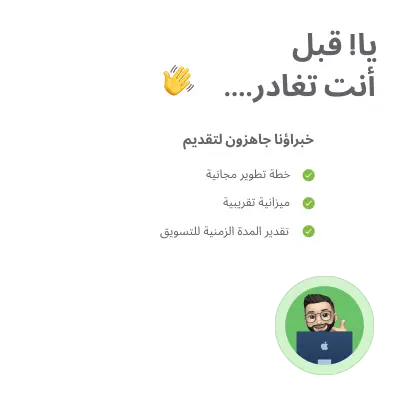Elevate Learning Experiences
with
ERPNext LMS
For Educational Institutions, Corporations, and Training Providers
ERPNext LMS makes it easy to design, manage, and deliver courses. This can be a perfect solution for you to run an educational institution or a business that offers training programs. With interactive tools, it helps you engage learners while simplifying course management.

Key Features & Benefits
01
Easy Course Management
02
Student Progress Tracking
03
Interactive Learning Tools
04
Personalized Learning Paths
05
Cost-Effective

Official Partner Of ERPNEXT
Our comprehensive training ensures seamless support management, and we are always ready to assist with your business requirements.
Our Partners

ERPNext Certified Partner
Our official ERPNext certification validates our expertise in executing intricate system implementations.
OFFICIAL ERPNEXT PARTNER
16+ PROJECTS
STREAMLINE WORKFLOW

Most Common Technologies Used in ERPNext
HTML5
HTML creates the structure of web pages, whereas CSS (Cascading Style Sheets) styles and formats content.
JavaScript
A scripting language that adds interactivity and dynamic behavior to web pages. It allows you to create features like form validation, animations, and user interactions.
Python
ERPNext is written mostly in Python, a popular programming language noted for its simplicity and clarity.
Node.js
It enables client-side scripting and dynamic content production. ERPNext uses Node.js, a JavaScript runtime, for server-side scripting.
Firebase
Firebase is a set of backend cloud computing services and application development platforms provided by Google. It hosts databases, services, authentication, and integration for a variety of applications, including Android, iOS, JavaScript, Node.js, Java, Unity, PHP, and C++.
RDS MySQL
As a managed service, Amazon RDS provides a high level of security for your MySQL databases. These include network isolation using Amazon Virtual Private Cloud (VPC), encryption at rest using keys you create and control through AWS Key Management Service (KMS) and encryption of data in transit using SSL.
MongoDB
MongoDB has become one of the most wanted databases in the world because it makes it easy for developers to store, manage, and retrieve data when creating applications with most programming languages.
Top-rated Nearshore Software Development
Achieve consistent results. Collaborate in real-time. Build intelligent apps. Partner with Deliverydevs.

WHO MAKE US STRONGER













GET IN TOUCH WITH US
LET'S START A PROJECT TOGETHER
We’ll contact you within a couple of hours to schedule a meeting to discuss your goals.
Three steps come next:
- We set up a business consultation to discuss your idea.
- We dive into the details of your project and conduct our own pre-discovery.
- You get on offer tailored to your requirements with an actionable plan.

Book a Free Consultation

FAQS
What is ERP LMS?
Is LMS a CRM?
Who uses LMS?
Is LMS web-based?
Can I create various types of users and permission rules in ERPNext LMS, like student, instructor, and administrator?
Is it possible to utilize the ERPNext LMS for live webinars/online live training sessions?
How can the learner engagement of ERPNext LMS be monitored and evaluated?
Can ERPNext LMS system create and manage curriculums or learning paths?
Can you brand my ERPNext LMS portal with my organization's logo and colors?
How does DeliveryDevs support the setup and configuration of ERPNext LMS for various learning environments?
Can ERPNext LMS be integrated with my organization's HR or payroll systems?
What type of security measures have been developed in the ERPNext LMS to protect sensitive data?
ERPNext LMS provides a strong security feature for sensitive data, such as:
- Role-Based Access Control (RBAC): This ensures users only access data relevant to their roles, thus limiting unauthorized access.
- Data Encryption: The system implements encryption protocols for data both at rest and in transit
to prevent breaches. - Audit Trails: Detailed logs of what users are doing for accountability as well as quick detection of anomalies.
- Secure Authentication Mechanisms: Multi-factor authentication (MFA) along with strong password policies guard user accounts.
- Regular Updates and Patches: The system can be ensured to stay up-to-date against emerging vulnerabilities by keeping the software updated
- Compliance Standards: It is well aligned with industry data protection regulations such as GDPR ensuring compliance and data privacy.
- Data Backup and Recovery : Automatic backups and disaster recovery facilities will help in protecting the data from accidental loss and cyberattacks.
Deliverydevs can further customise the above security features according to the requirements of the particular organization for giving maximum security.
How can MLOps help me reduce the time and cost of deploying machine learning models?
MLOps reduces deployment time and costs by:
Automating repetitive tasks.
Streamlining workflows.
Ensuring efficient resource utilization and minimal downtime.



